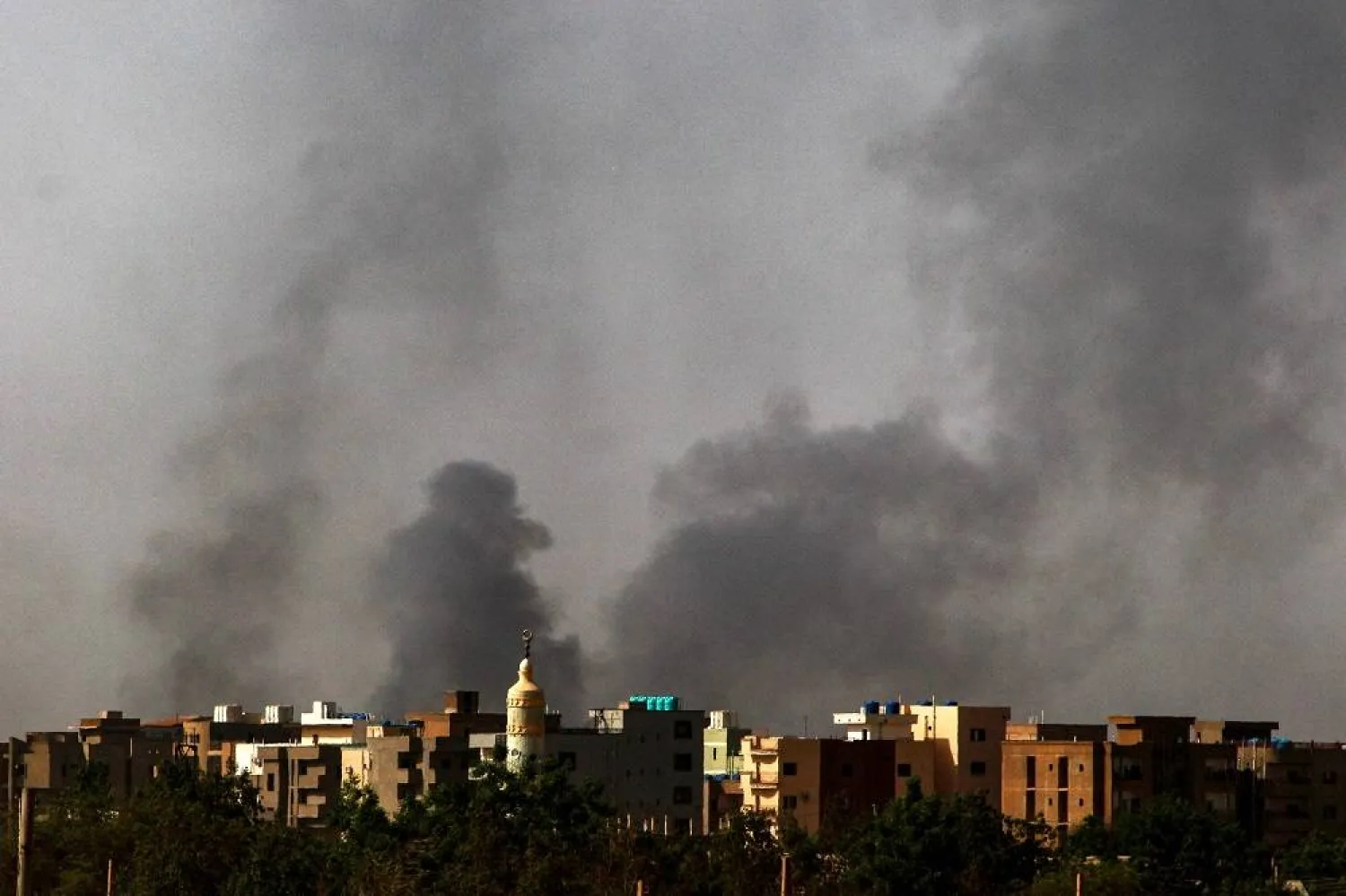The fighting between Sudan’s military and a powerful paramilitary force has displaced more than 1.3 million people, the UN migration agency said Wednesday.
The International Organization for Migration said the clashes have forced over 1 million people to leave their homes to safer areas inside Sudan. Some 320,000 others have fled to the neighboring countries of Egypt, South Sudan, Chad, Ethiopia, the Central African Republic and Libya.
The fighting erupted on April 15 after months of escalating tensions between the military, led by Gen. Abdel-Fattah Burhan, and the Rapid Support Forces commanded by Gen. Mohamed Hamdan Dagalo. The conflict derailed Sudanese hopes of restoring the country's fragile transition to democracy, which was disrupted by a military coup led by the two generals in October 2021.
The conflict has killed at least 863 civilians, including at least 190 children, and wounded more than 3,530 others, according to the most recent numbers from the Sudanese Doctors’ Syndicate — which mainly tracks civilian casualties. It has also pushed the East African country to near collapse, with urban areas in the capital, Khartoum, and its neighboring city of Omdurman turning into battlegrounds.
Egypt is hosting the largest number of those who fled, with at least 132,360 people, followed by Chad with 80,000 and South Sudan with over 69,000, the agency added.
Sporadic fighting continued Wednesday in several areas, despite a ceasefire reached this week. Residents reported hearing gunshots and explosions in central Khartoum as well as areas close to military facilities in Omdurman.
The weeklong ceasefire, which was brokered by the United States and Saudi Arabia, took effect Monday night. It was the latest international effort to push for humanitarian aid delivery to the conflict-torn country.
A joint statement from the US and Saudi Arabia late Tuesday warned that neither the Sudanese military nor the Rapid Support Forces observed the short-term ceasefire.
“The Sudanese people continue to suffer as a result of this devastating conflict," the statement said. It called on both sides to “fully abide by their commitments" and to implement the temporary ceasefire to deliver urgently needed humanitarian relief.
Earlier on Tuesday, US Secretary of State Antony Blinken cautioned both parties of possible sanctions if the latest ceasefire was not adhered to.
The fighting has exacerbated the already dire humanitarian conditions in Sudan. According to the UN, the number of people who need assistance this year has increased by 57% to reach 24.7 million people, more than half the country’s population. The international body said it would need $2.6 billion to provide them with much-needed humanitarian assistance.









